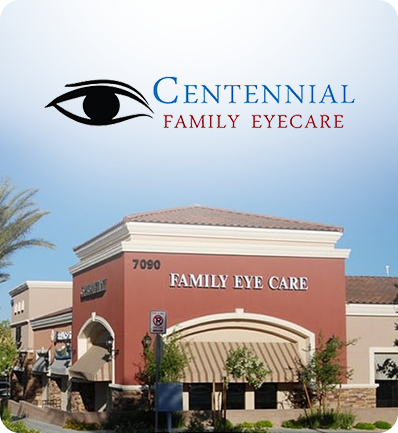
Contact lenses are an extremely versatile and popular way of correcting common refractive eye errors, such as myopia (nearsightedness), hyperopia (farsightedness) and astigmatism. These conditions occur when the light that passes through the eyes isn’t refracted directly onto the retina at the back of the eyes, where it’s turned into messages sent up to the brain. This happens when the cornea – the clear, domed part at the front of the eye - isn’t perfectly shaped, such as when it is too long compared to the focusing power of the eye.
Contact lenses sit directly on the surface of the eye, altering the way that light enters and passes through it. Many people are surprised to learn that there are actually many different types of contact lenses, ranging from soft, daily disposables to more rigid, extended-wear varieties. Speciality contact lenses are usually recommended for patients who have corneal conditions or other issues relating to their eyes that mean that traditional contact lenses won’t be suitable.
Some of the types of people who may be good patients for speciality contact lenses include:
- People with dry eye syndrome, a condition that occurs due to problems with tear film production or management.
- Patients who have corneal scarring, which can occur as a result of trauma to the eye or disease/infection.
- Those who have a condition called keratoconus, which is characterized by the bulging of the cornea tissue.
- People who have strabismus, a condition that is caused by an eye turning in or outwards relative to the other one.
- Patients who have suffered an injury to the eye, such as a puncture or blunt force trauma.
- Those who have a peripheral corneal thinning disorder.
- People who are intolerant to other types of lenses.
Types of speciality contact lenses
There are also different types of speciality contact lenses to choose from, with some being more suitable for specific corneal problems than others. These include:
RGP lenses
RGP stands for rigid gas permeable – a term used to describe the two defining features of this type of lens. Firstly, they are more rigid than many other varieties, and this helps them to hold their shape more effectively, which can be helpful in the case of corneal abnormalities such as keratoconus. They are also gas-permeable which means that oxygen can flow through them to reach the surface of the eyes. This helps your eyes remain comfortable and is a particularly good feature for people who have dry eyes.
Scleral lenses
Scleral lenses have a very unique design, which is why they are considered to be a speciality contact lens. Rather than making full contact with the entire surface of the cornea, scleral lenses vault over the middle, leaving a space between the front of the eye and the back of the contact lens. This space means that there is no pressure on any bulges (as seen in keratoconus), no pressure on corneal abrasions (scratches) and acts as a fluid reservoir to keep the eyes properly hydrated, making them a good option for people with dry eye.
If you would like more information about specialty contact lenses, or to find out if you are a good candidate, visit Centennial Family Eyecare at our offices in Henderson, N. Durango, or Skye Canyon in Las Vegas, Nevada. You can also call us at 702-299-6200 (Henderson), 702-941-7800 (N. Durango), or 702-803-2020 (Skye Canyon) to book an appointment.





